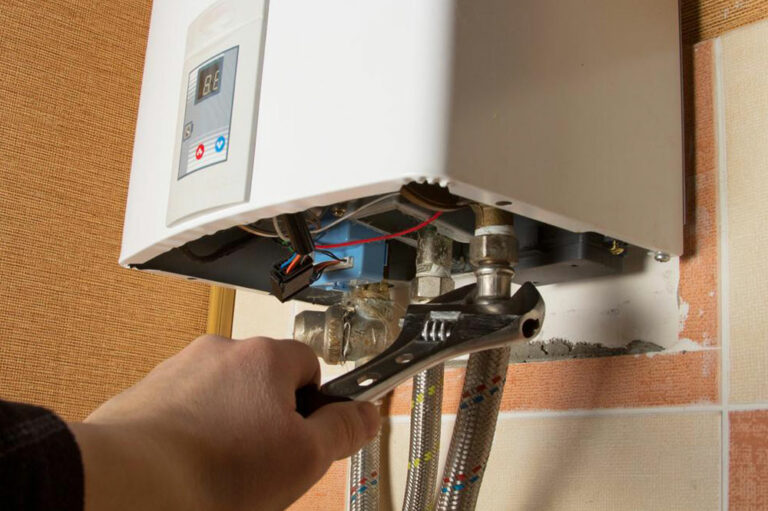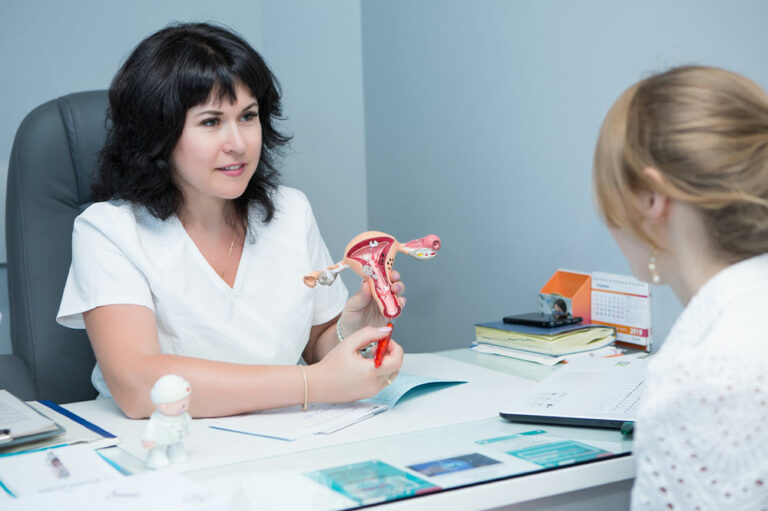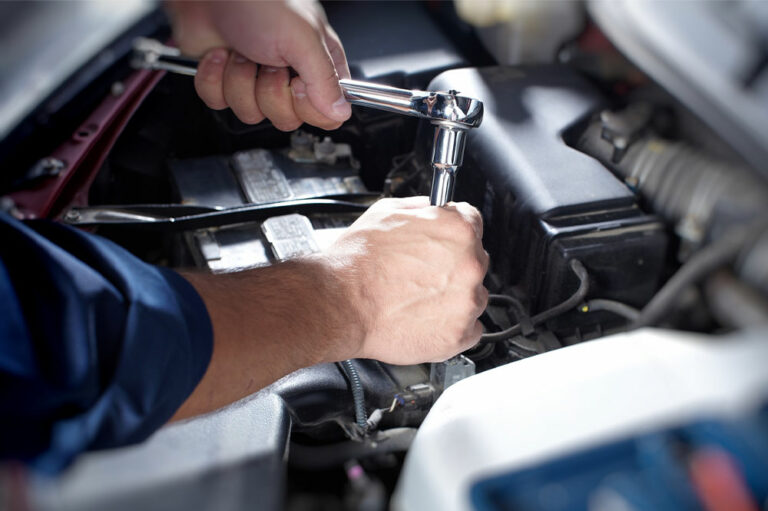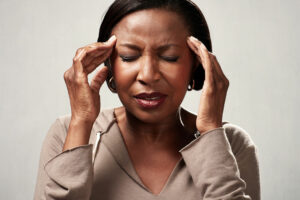
6 questions to ask your doctor during a routine check-up
You could look on the internet for a range of content on healthy foods, remedies, exercises, and other lifestyle tips. However, the human body is susceptible to several complications, irrespective of an individual’s health status. Therefore, going for health checks on regular occasions is essential in detecting and preventing any unforeseen diseases. During the routine check, you could also ask for clarification about these six factors to better understand your health. Genetic complications One of the first things to ask your doctors is if you are susceptible to genetic complications, including cancer. Such developments may require a more detailed diagnosis followed by the respective treatment. Future appointment You could ask the healthcare expert about the next appointment during a routine check. Usually, a doctor will consider multiple factors, such as the patient’s general health, health history, and lab results, before scheduling the next visit. So you might need to return in a few months or maybe even after a year. However, you should also set up a checkup in between if you notice any unusual health developments. Costs Each test and its respective treatment will cost a certain amount of money. Therefore, it is advisable to be mindful of the cost of these healthcare services before starting them.
Read More... 

















